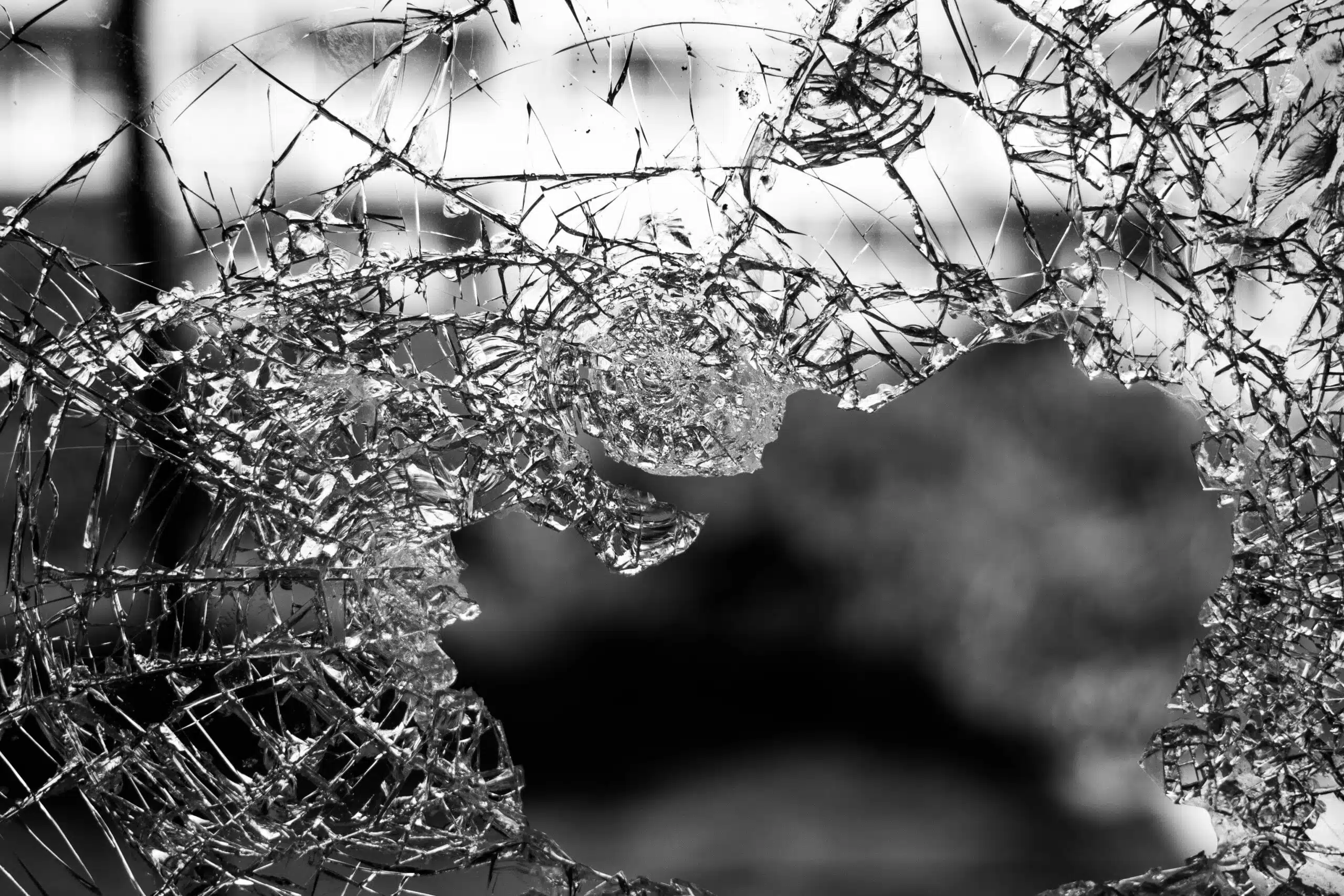To heal from his betrayal, Ali realized he had to decide which of his relationships could be repaired. First, he made a list of people he was most angry with — his supervisor, the hospital administration, and even society. While Ali didn’t believe anyone intended harm, in his view, each of them had neglected important responsibilities.
Ali most wanted to examine his anger with his supervisor at the hospital. After he considered her position, he had more empathy. After all, Ali knew his supervisor was struggling with burnout too and feeling pressure from her own boss. He remembered that when he originally approached her with his concerns, they were both hungry and tired. Ali stopped solely blaming his supervisor, and now took some responsibility for their quarrel.
During a stressful time like the COVID-19 pandemic, it can be hard for our brains to recognize others as the complex beings they are. We want to find a “bad guy” to blame.
Ali — hungry, angry, and tired after being overworked — behaved worse than he would have otherwise. But when he was able to exercise, spend time with his partner, and remember why he became a nurse in the first place, some of his anger abated. He realized others were experiencing these same ups and downs too.
Perhaps Shel Silverstein understood how complex humans are when he wrote the following:
“Zebra Question” by Shel Silverstein
I asked the zebra
Are you black with white stripes?
Or white with black stripes?
And the zebra asked me,
Or you good with bad habits?
Or are you bad with good habits?
Are you noisy with quiet times?
Or are you quiet with noisy times?
Are you happy with some sad days?
Or are you sad with some happy days?
Are you neat with some sloppy ways?
Or are you sloppy with some neat ways?
And on and on and on and on
And on and on he went.
I’ll never ask a zebra
About stripes
Again.1
The bottom line is that trusting someone is a risk. But upon further reflection, you might decide that someone who’s hurt you deserves another chance. As Dr. Fred Luskin said:
“It’s guaranteed that you will be hurt by the people you care about. The question is: Have you learned to grieve your losses? To feel the pain of disappointment without having to make somebody our enemy? Relationships involve pain. They also involve good stuff — but they’re painful. They require work. You are trusting another human being all the time. They’re going to let you down.”2
Ali decided he wanted to repair his relationship with his supervisor, so he found a time when both could feel comfortable and relaxed. He expressed his hurt over her actions. She listened, apologized, and gave Ali a much-needed day off.
The more something hurts, the more we know it matters to us. As Maya Angelou stated:
“History, despite its wrenching pain, cannot be unlived, but if faced with courage, need not be lived again.”3
So, how can you use the knowledge of your betrayal to make the world better today?
